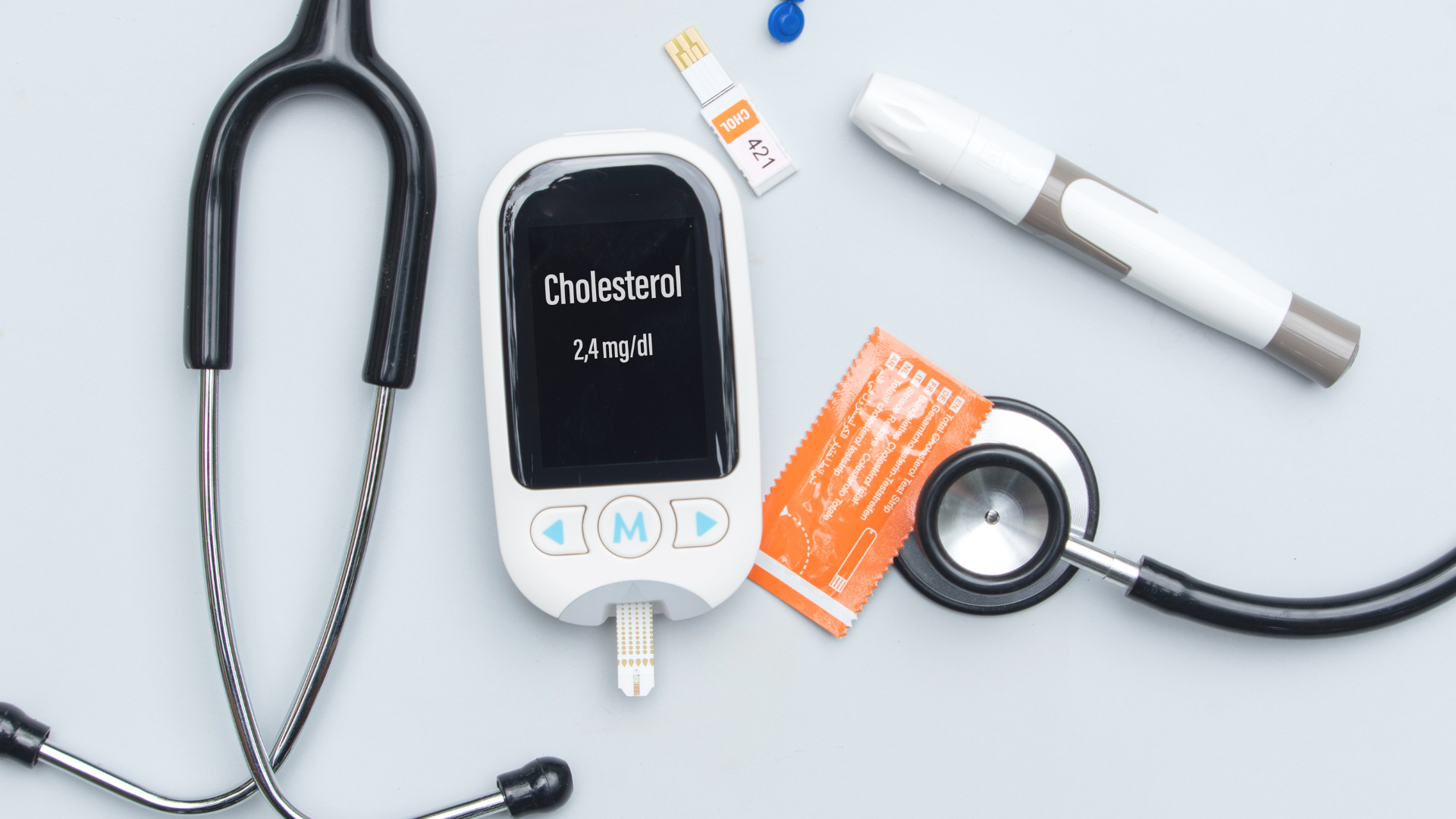As we age, our bodies undergo various changes that affect our overall health and wellbeing. One of the most significant but often overlooked changes is in our digestive system. Gut health after 40 becomes increasingly important as age-related shifts in digestive function can impact nutrient absorption, immunity, and even mental health. In this blog post, we will explore why digestion changes with age, how these changes affect your body, and what you can do to support optimal gut health in your 40s and beyond.
Understanding the Digestive System
The digestive system is a complex network of organs that work together to break down food, absorb nutrients, and eliminate waste. Key components include the mouth, esophagus, stomach, small and large intestines, liver, pancreas, and gallbladder. A healthy gut microbiome—the trillions of bacteria residing in your intestines—also plays a crucial role in digestion and overall health.
How Digestion Changes After 40
As you enter your 40s, several physiological and lifestyle factors begin to influence how your digestive system functions:
1. Decreased Enzyme Production
With age, the production of digestive enzymes declines. These enzymes are essential for breaking down carbohydrates, proteins, and fats. A reduction can lead to incomplete digestion and symptoms like bloating, gas, and indigestion.
2. Slower Metabolism
Metabolism tends to slow down with age, affecting how quickly your body processes food. This can lead to weight gain, constipation, and a general feeling of sluggishness.
3. Altered Gut Microbiome
The diversity and balance of gut bacteria often change with age. A less diverse microbiome is linked to various health issues, including inflammation, weakened immunity, and poor digestion.
4. Thinning of the Gut Lining
The lining of the gut can become thinner and less efficient at absorbing nutrients. This increases the risk of deficiencies in essential vitamins and minerals.
5. Increased Sensitivity to Certain Foods
Food intolerances can become more common after 40. Lactose, gluten, and other irritants may suddenly trigger symptoms like cramps, bloating, and diarrhea.
Common Digestive Issues After 40
- Constipation: Often due to reduced physical activity, dehydration, and slower gut motility.
- Acid Reflux: The weakening of the lower esophageal sphincter can lead to heartburn and GERD.
- Gas and Bloating: Often caused by imbalances in gut bacteria or poor digestion.
- Food Sensitivities: New or worsening reactions to certain foods.
Why Gut Health Matters More Than Ever
Your gut is often referred to as your “second brain” due to its close relationship with your central nervous system. A healthy gut supports:
- Nutrient Absorption: Ensuring your body gets what it needs from your diet.
- Immune Function: A large part of the immune system resides in the gut.
- Mental Health: The gut produces neurotransmitters like serotonin that regulate mood.
- Inflammation Control: A balanced microbiome helps control systemic inflammation.
Tips to Improve Gut Health After 40
1. Eat a Fiber-Rich Diet
Fiber helps move food through the digestive system and feeds beneficial gut bacteria. Aim to include fruits, vegetables, legumes, and whole grains in your diet.
2. Stay Hydrated
Water is essential for digestion and helps prevent constipation. Aim for at least 8 glasses of water a day.
3. Incorporate Probiotics and Prebiotics
Probiotics (found in yogurt, kefir, and fermented foods) add beneficial bacteria to your gut. Prebiotics (found in garlic, onions, and bananas) feed these bacteria.
4. Limit Processed Foods
Processed foods can disrupt the gut microbiome and slow digestion. Focus on whole, unprocessed foods.
5. Exercise Regularly
Physical activity helps stimulate intestinal activity and maintain a healthy weight.
6. Manage Stress
Chronic stress can disrupt the gut-brain axis, leading to digestive issues. Techniques like meditation, yoga, and deep breathing can help.
7. Get Regular Check-Ups
Routine medical check-ups can catch digestive issues early. Discuss any new symptoms with your healthcare provider.
8. Consider Digestive Enzyme Supplements
If you experience symptoms like bloating and indigestion, enzyme supplements may help break down food more efficiently.
Foods That Support Gut Health
- Fermented Foods: Yogurt, kefir, sauerkraut, kimchi, miso, and kombucha.
- High-Fiber Foods: Beans, lentils, berries, pears, broccoli, and whole grains.
- Polyphenol-Rich Foods: Green tea, dark chocolate, olive oil, and nuts.
- Bone Broth: Supports the gut lining and provides essential nutrients.
Lifestyle Changes for Long-Term Gut Health
- Quit Smoking: Smoking negatively affects gut flora and increases the risk of ulcers.
- Limit Alcohol: Excessive alcohol can harm the gut lining and microbiome.
- Sleep Well: Aim for 7-8 hours of quality sleep to support gut health.
When to See a Doctor
If you experience persistent digestive issues such as chronic bloating, severe constipation, unexplained weight loss, or blood in your stool, it’s crucial to consult a healthcare provider. These may be signs of more serious conditions like inflammatory bowel disease (IBD), celiac disease, or colorectal cancer.
Final Thoughts
Gut health after 40 is an essential aspect of aging well. While digestive changes are a natural part of getting older, proactive steps can help you maintain a healthy and happy gut. By eating a balanced diet, staying active, managing stress, and being mindful of your body’s signals, you can support your digestive system and overall wellness for years to come.





